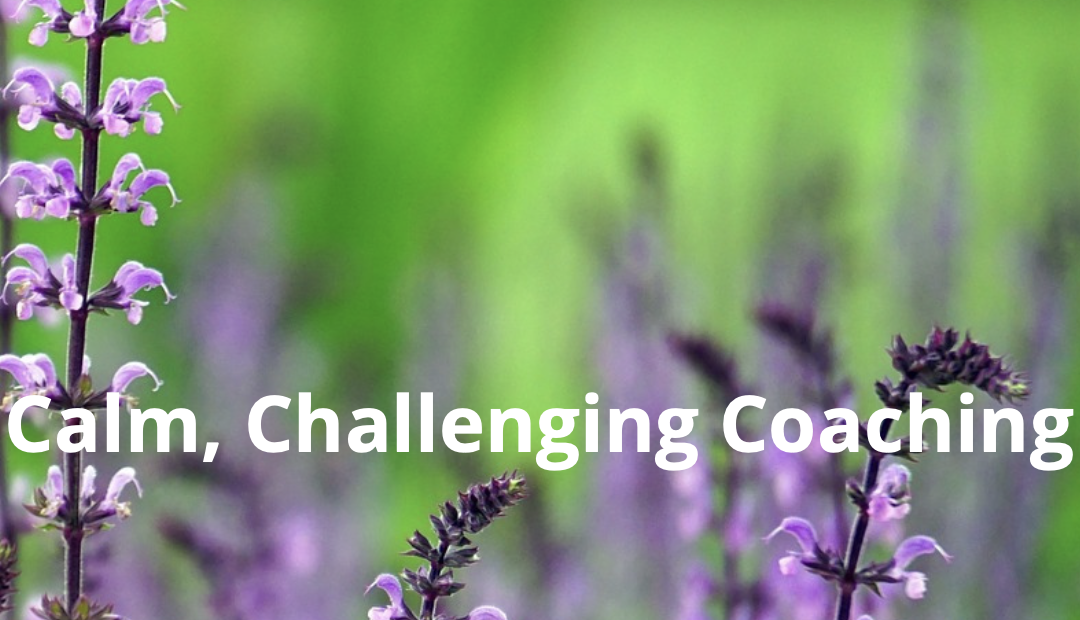While being interviewed this week on the Business Breakfast, one of the broadcasters mentioned interviewing a business woman who had said that she did not take business calls when she was at home with her family, turning her work phone off before she got out of her car at home. This was even though her company allowed her to take personal calls while at work. He asked for my opinion on this, possibly thinking that I might pick up on what could be perceived as an inherent unfairness to the company in her actions. I thoroughly endorsed her actions and believe more people should turn off mobiles and turn their backs to the lure of social media more regularly. This is why:
Most things can wait
If you are ‘on call’ then probably they can’t, but how many of us are? Work may be a passion, but you need time to switch off, to recharge. If you have completed your work for the day, but a colleague hasn’t, should you have to pay for it with a call that could probably wait until the next day?
When working I turn my phone to airplane mode whenever I am with a client, refuse to answer the phone while driving and have some time every day when I focus on my relationships outside of work. That does not mean I am not dedicated, but that I have balance.
Setting your priorities
If I was to check my phone with a client, or even when chatting to a colleague, I would be signaling that they are not my priority at the moment, but that something else may be more interesting or important. This would result in them feeling unvalued; of me missing vital non-verbal communications; and potentially missing an opportunity to enhance a relationship when it is right in front of me. When with a client, I could lose their confidence; with a child or spouse, I could be missing out on what makes their life important, of keeping those bonds strong. As an expat those family bonds are important, as when we change country they are usually the only relationships we have to start with.
Multitasking is a fallacy
Now I have your attention! Aren’t we SUPPOSED to be able to multi task? And as a woman, aren’t I meant to be even better than average?
Well yes and no.
We can listen to the radio and drive, but how many of us turn the volume down if we are not sure of the directions so that we can concentrate more? This is a hint as to why I say it is a fallacy. Yes we can complete more than one task at a time, but are we doing either to their maximum potential? The research literature abounds with evidence that deliberate focused attention results in better performance. How focused would the lady mentioned by Malcolm be on a business call, if she was also in a room where her children were showing her their lego sculptures and how much would she take in of their day if she was also reading emails?
Living on Autopilot
If we go through life just partly paying attention because we are distracted we risk living on autopilot – going through the motions, without ever really enjoying any one thing to the full. Doing this, we miss what makes life great: shared memories are diminished if you are busy on your phone while they are being made – you will never remember that conversation or social media post that distracted you, but those around you may remember well that you were not fully present in the moment.
So, what happens if we do switch to focusing our attention to the present moment? Being fully present? For a start, that list of things to do; of everything you are missing out on; the random jumps that your mind makes – your monkey mind – quietens while you are focused. It takes time and practice, but it will happen. Then you will discover you notice the little things that you were missing: you notice small moments of joy around you, which can build to improve your own positive emotions; and stress and anxiety will slowly diminish. By focusing on now, not what has been and what could be, just for a moment, helps your mind calm. If you couple this with an attitude of curiosity, openness and acceptance of what is, what you are feeling, just for a few moments each day, you will find your creativity starts to unfurl; you will stop knee jerk reactions to events, instead you will be more able to think clearly, accepting what ‘is’ and working from there; and you will be able to start facing what is reality, rather than avoiding negative emotions and situations.
All this from a little focus?
Tied in with the attitude of curiosity, openness and acceptance, yes. It is known as mindfulness and it has a large bank of scientific literature to back these claims. Even neuroscientists are studying how mindfulness training can change the brain structure and move emotional set points for people. There are very many ways of practicing it, but deliberately focusing your attention, with out the distraction of our phones, is a good starting point.







